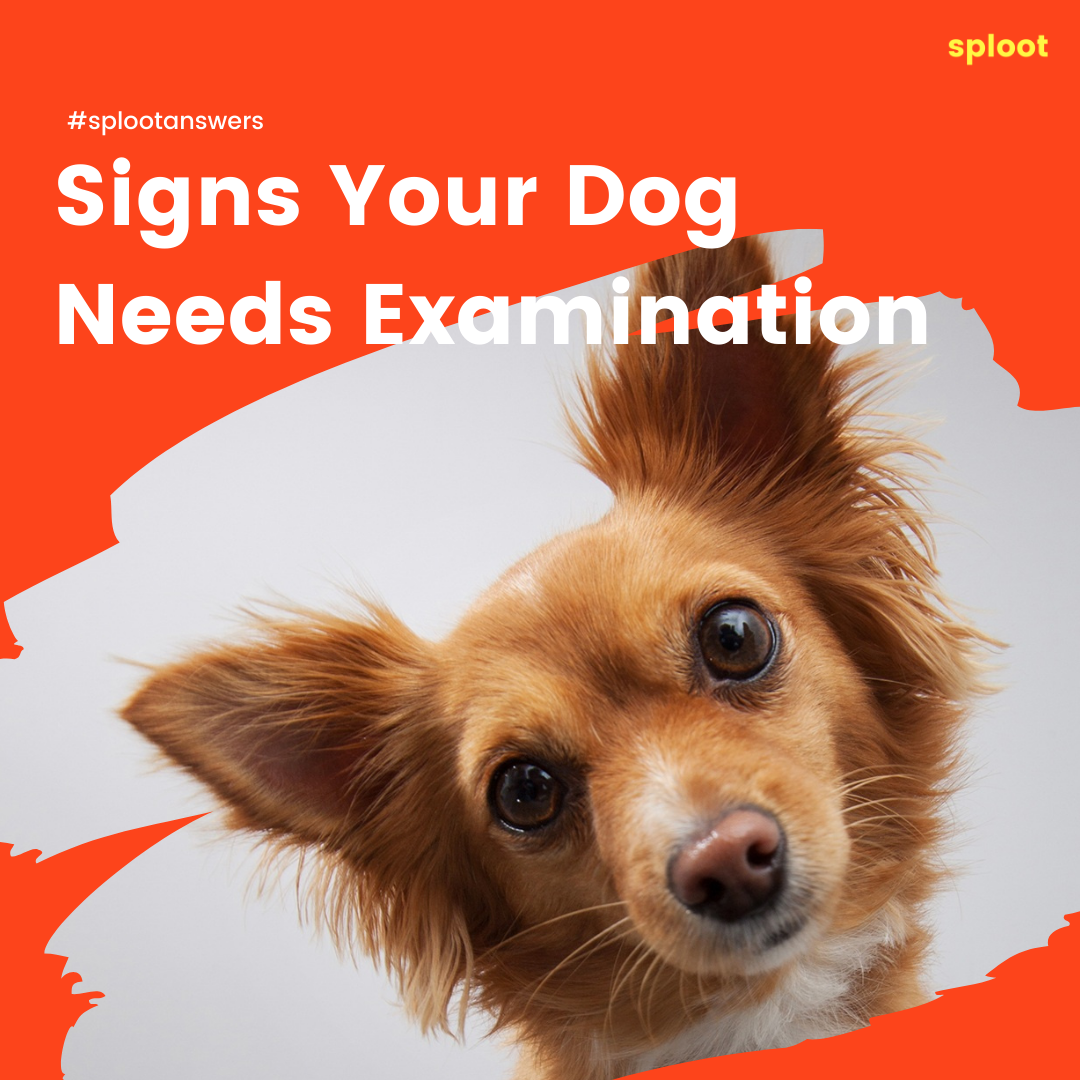Signs Your Dog Needs a Vet Examination

Having a new member of your family is always delightful. Only a few things bring more happiness than a litter of newborn puppies in your house. But if you’re a new owner, it’ll be difficult for you to care for these brand-new lives. Although, a canine mother always cares about her newborn pups and gives her attention to the needs of them. She always aware of their warmth, food, bath, and protection. But the puppies still need a regular checkup by a veterinarian to make sure about their healthiness.

Newborn puppies need to visit several times to a veterinarian. The veterinarian will check those lovely puppies and addresses whether there is a presence of any signs of illnesses or abnormalities. In this article, we will figure out those typical emergency signs and schedules for visiting a vet.
A Quick Check of Your Newborn Puppies
Normally the mother will take care and most of the time with her newborn pups. But whenever she went to the bathroom or to eat something, check the pups quickly before she came. Because for the very first days, a mother doesn’t like to let touch her pups by humans. Just after birth, check the vulva and nipples of the mother to ensure that there is no bleeding, or discharges, or any other abnormalities.
Make sure each of her pups can reach her nipples and suck it for milk. Check each pup in every few hours to make sure they are warm and able to suck. Pups struggling to reach the nipple will need your help.
Post-Natal Veterinarian Visit of Newborn Puppies
Dog owners need to visit the veterinarian with newborn puppies within 48 hours of birth. They also need to take the mother for checking any infections and complications from giving birth. Your veterinarian will check whether the mom can provide sufficient milk to her pups. All the puppies will be checked for illness, abnormalities, or infections.
Visits for Vaccination

Your puppies should receive their first dose of standard vaccination at 6 weeks of age. Vaccines of canine parainfluenza, canine infectious hepatitis, canine parvovirus, canine distemper, and canine adenovirus should be administered between 6 to 16 weeks for several doses. At 3 months, again you need to take your puppies to the vet for rabies vaccination. Puppies of early ages are highly susceptible to the canine parvovirus. At 9 weeks of age, come again for the Bordetella vaccination to save your puppies from kennel cough disease. Your veterinarian will maintain the guidelines of vaccination and advice you to come again yearly for a booster dose.
Preventative and Emergency Health Care Visits
During the first visit to your vet, he will suggest you for taking some preventive measures against both external and internal parasites like ticks, mites, worms, etc. He will provide you a complete guideline of vaccination and deworming for your cute puppies.
Besides this, whenever you see any unusual physical signs such as discharges from the mouth or nose, diarrhoea, respiratory problem, lack of appetite, loss of body weight, and constipation, take your pups for a quick visit to the vet. Your immediate action can save and prolong your puppy’s life.